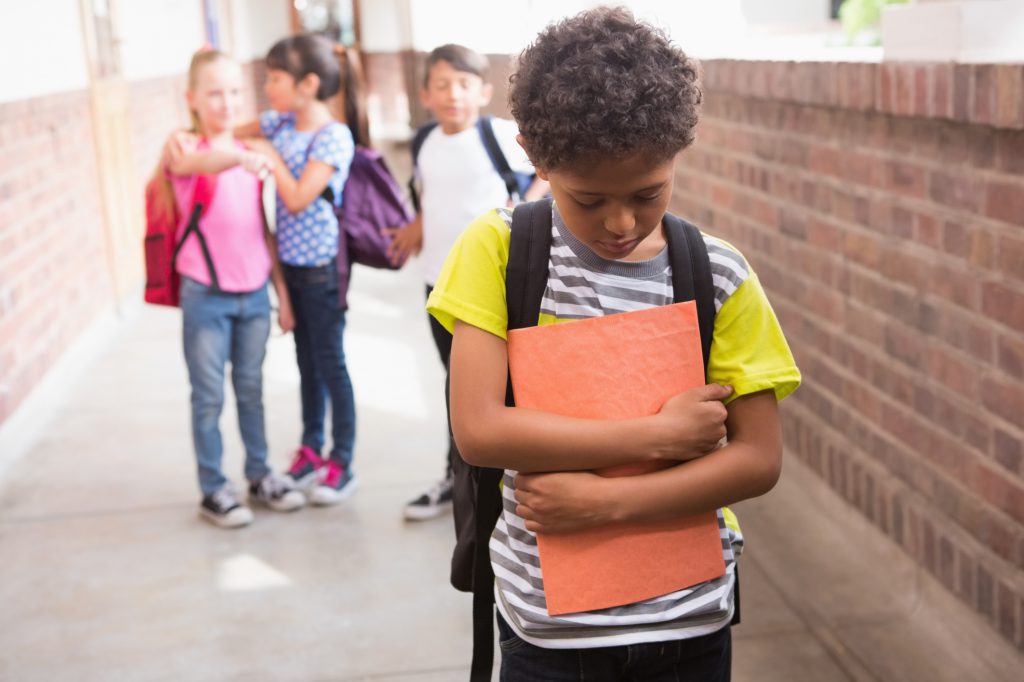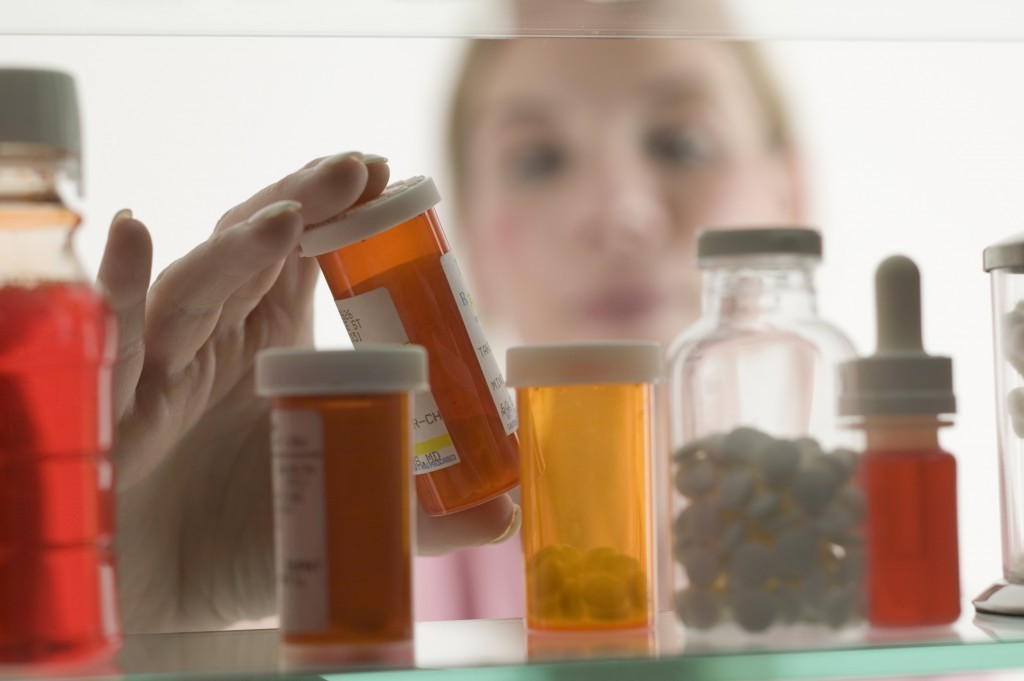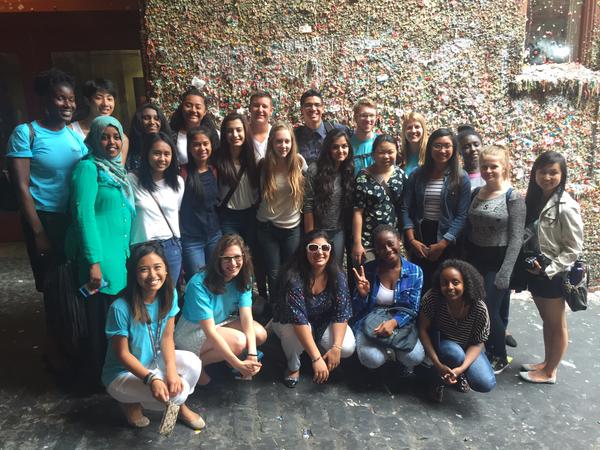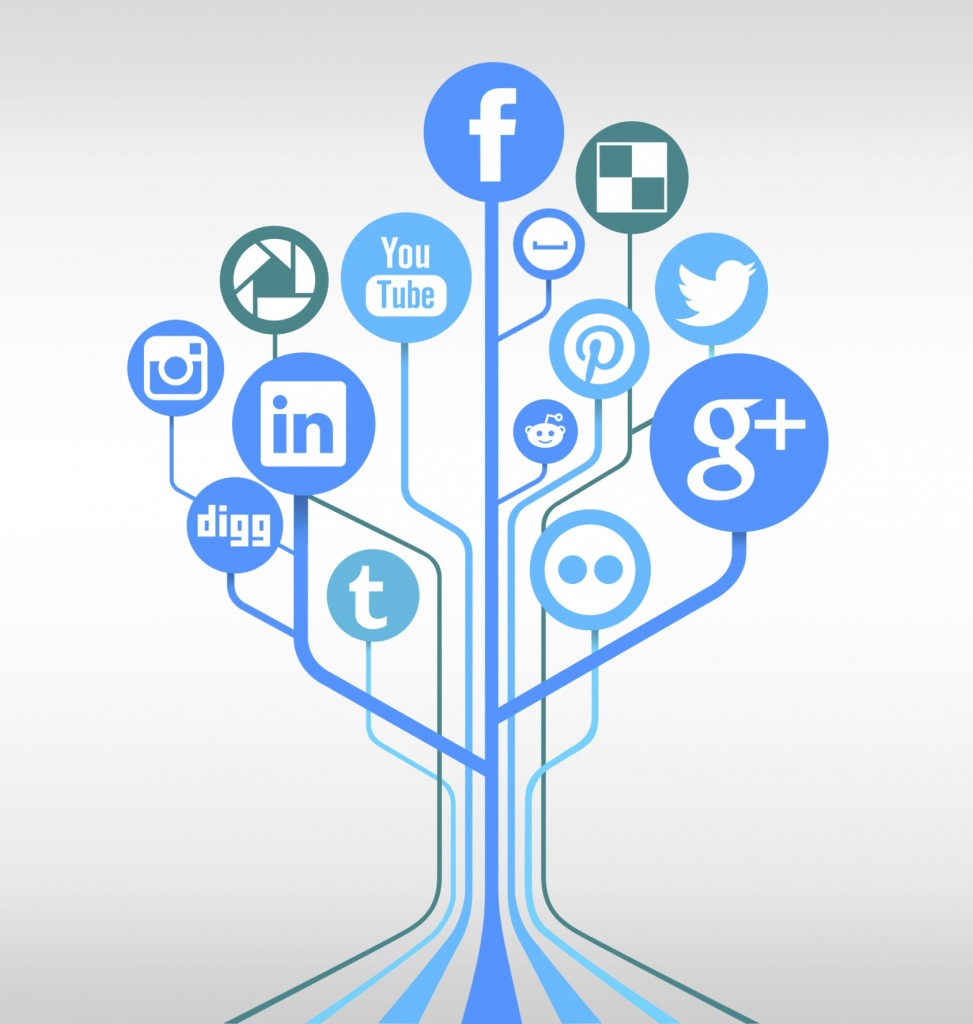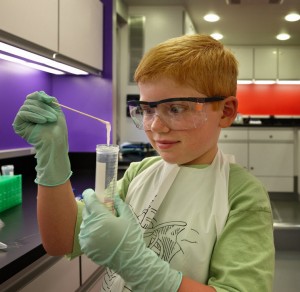A new report from the American Academy of Pediatrics calls for action to reduce children’s exposure to violent video games and media. The report also calls on the gaming and media industries to create shows and games for children that do not contain violence. “Children are not only viewing violence, but with virtual reality games […]
A new report from the National Academies of Sciences, Engineering and Medicine describes the effects of bullying on childhood development and calls for a better understanding of cyberbullying. Dr. Frederick Rivara, Seattle Children’s Guild Endowed Chair in Pediatrics, chaired the report committee, and Dr. Megan Moreno, principal investigator of the Social Media and Adolescent Health […]
It’s spring break season, and that means many college students across the country will shift their focus from the classroom to having fun. Sometimes those spring break plans can include attending parties where alcohol is present, which can lead to concerning and excessive alcohol consumption. In fact, alcohol is the most commonly used substance by […]
Transplant day is a joyous milestone for children and families who’ve been through a difficult illness. But the healing does not end when the new organ is in place—in fact, that is when the real work begins, according to Dr. Jodi Smith, Medical Director for the Kidney Transplant Program at Seattle Children’s. “One of the […]
The American Academy of Pediatrics announced it is revising recommended screen time guidelines for kids. Dr. Dimitri Christakis, director of the Center for Child Health, Behavior and Development at Seattle Children’s Research Institute, offers parents advice on how to manage screen time and what to consider when shopping for children this holiday season. Q: What […]
Studying abroad is a formative educational opportunity for many young adults, myself included. My time in French Polynesia last summer as a junior in college changed my outlook on the world and made me a better student, friend and daughter. But I also know from experience that studying abroad can also be problematic for some […]
Most teens aren’t keen on spending summer days in camp; they’ve outgrown sleeping bags and roasting s’mores. That’s why the Social Media and Adolescent Health Research Team (SMAHRT) at Seattle Children’s Research Institute is hosting this week a summer scholars program designed to help teens create their own research projects on teen health and media. […]
Seattle Children’s has the honor of having over 100 doctors and researchers slated to present at the 2015 Pediatric Academic Societies (PAS) Annual Meeting. This is the largest international meeting focused on children’s health research and clinical implications. On the Pulse is highlighting two Seattle Children’s researchers who will be presenting their exciting new research: Dr. Megan […]
A Seattle Children’s researcher is chasing an elusive goal: finding a way to know when adolescents and young adults who contemplate suicide might actually try to harm themselves. “Suicide risk rises and falls but it’s really hard to tell when it’s rising, even when you’re regularly seeing a patient,” said Dr. Molly Adrian, a psychologist […]
Seattle Children’s Research Institute’s Science Adventure Lab has been inspiring future scientists at schools across Washington state since 2009. When the 45-foot mobile lab rolls onto campus, students in grades 4 through 12 put on safety aprons and gloves and perform science experiments using real laboratory and medical equipment. While learning about nutrition, infectious diseases […]


